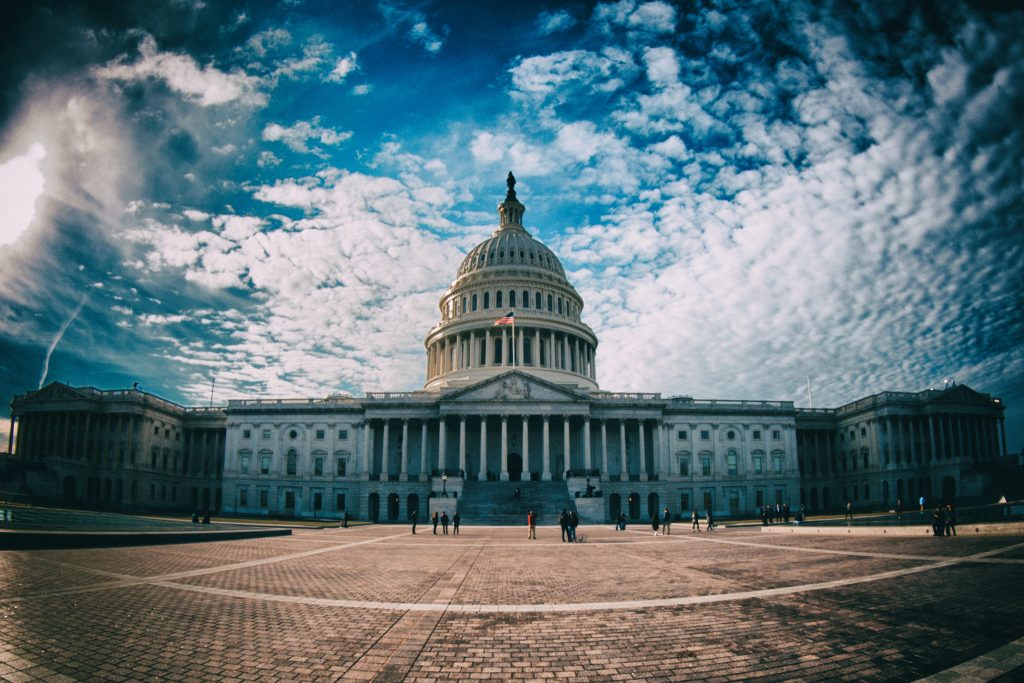FOR IMMEDIATE RELEASE
July 10, 2017
CONTACTS:
Amanda Werner, Americans for Financial Reform & Public Citizen, awerner@ourfinancialsecurity.org
Jan Kruse, National Consumer Law Center, jkruse@nclc.org
Christine Hines, National Association of Consumer Advocates, christine@consumeradvocates.org
Washington, DC (July 10, 2017) – Today, the Consumer Financial Protection Bureau (CFPB) finalized its long-awaited rule to restrict the financial industry’s use of forced arbitration – a tactic Wall Street banks and predatory lenders use to block consumers from challenging illegal behavior in court. The culmination of more than five years’ work, the rule fulfills CFPB’s directive from Congress to study the impact of arbitration and ban or restrict the practice if it harms consumers.
Many banks and lenders bury “ripoff clauses” in the fine print of take-it-or-leave-it contracts to kick disputes out of public court. Instead, consumers are forced into biased and secret arbitration proceedings with no right to appeal bad decisions. These clauses often ban class action lawsuits as well, effectively blocking relief since few consumers can afford to fight small-dollar disputes by themselves. Just last week, Wells Fargo invoked arbitration clauses in legitimate account contracts to block customers from suing together over fraudulent accounts opened in their name. Advocates suggest secret arbitration also helped the bank keep its misconduct hidden for years.
The rule to limit forced arbitration was first proposed in May 2016 after the CFPB’s comprehensive 2015 study documented that the practice effectively eradicates consumer claims. While the CFPB took a more modest approach rather than banning forced arbitration outright, the rule restores consumers’ right to band together in class action lawsuits and returns much-needed transparency to individual arbitration by establishing a public record of claims and outcomes.
During the rule’s public comment period in August 2016, more than 100,000 individual consumers across the country weighed in to support the proposed rule, as well as 310 consumer, civil rights, labor, and community organizations in a coalition comment letter. The proposed rule also received enthusiastic support from over 100 members of the House and Senate, the Military Coalition representing 5.5 million servicemembers, 18 state attorneys general, and 210 law school professors.
###
Statements from leading advocates are below.
STATEMENTS FROM ADVOCATES
Americans for Financial Reform
Lisa Donner, Executive Director
“Forced arbitration deprives victims of not only their day in court, but the right to band together with other targets of corporate lawbreaking. It’s a get-out-of-jail-free card for lawbreakers. The consumer agency’s rule will stop Wall Street and predatory lenders from ripping people off with impunity, and make markets fairer and safer for ordinary Americans.”
Public Citizen
Lisa Gilbert, Vice President of Legislative Affairs
“Over the past decade, large corporations have turned fine-print clauses buried deep in their contracts into a license to steal from American consumers and cover up the evidence. The CFPB rule will right this egregious wrong by restoring consumers’ ability to enforce their most basic rights and protections in court.”
National Consumer Law Center
Lauren Saunders, Associate Director
“Forced arbitration is a get-out-of-jail-free card that lets lawbreaking banks, payday lenders and scammers avoid accountability and deny consumers their day in court.”
National Association of Consumer Advocates
Christine Hines, Legislative Director
“After many years of study and analysis, the CFPB decided correctly to act in the public’s interest by returning something to customers that banks and predatory lenders have stolen in the fine print: the right to go to court. Restoring customers’ ability to band together in class actions will ensure that American consumers are empowered to help themselves when they are cheated or ripped off by bad actors. We commend this final rule.”
Alliance for Justice
Nan Aron, President
“As consumers, many of us are frustrated by the ‘fine print’ in contracts we sign for products and services. Unfortunately, buried in this print we often find language requiring consumers to sign away important rights. Contracts can include class action bans preventing consumers from joining together to pursue a claim in court if they’re harmed by a business. This is unfair, and we applaud the Consumer Financial Protection Bureau for finalizing this rule that would stop banks and lenders from imposing these class action bans on customers.”
American Association for Justice
Julie Braman Kane, President
“Few Wall Street practices are as abusive, unfair, and deceptive as the widespread use of forced arbitration. These clauses, which are hidden in millions of contracts for financial goods and services, force consumers into a rigged, secretive system set up by powerful corporations to hide wrongdoing and evade accountability. AAJ strongly support the CFPB’s efforts to restrict the use of forced arbitration, and we are glad this final rule will soon to restore the rights of American consumers.”


